In today’s fast-paced and often stressful world, mental health has become more crucial than ever. Despite the increased awareness, many individuals unknowingly make mental health mistakes that can have long-term consequences on their overall well-being. Recognizing and avoiding these common pitfalls can significantly improve your mental resilience and happiness. Let’s explore the top eight mental health mistakes that you should steer clear of for a healthier, more balanced life.
Introduction
Mental health mistakes are often subtle, ingrained habits or beliefs that hinder our ability to manage stress, cultivate happiness, and foster healthy relationships. In our busy lives, we tend to overlook these mental health mistakes, dismissing them as normal or insignificant. However, what might seem like small behaviours can accumulate over time, leading to anxiety, depression, and burnout.
Awareness is the first step toward change. By understanding some of the most common mental health mistakes, you can develop strategies to avoid them. , Moreover, this proactive approach empowers you to prioritize your mental well-being, enabling you to navigate life’s challenges with resilience and grace. The following sections delve into each mistake, unpacking why they are detrimental and how to rectify them for a better way of life.
Mistake #1: Bottling Up Emotions
One of the most pervasive mental health mistakes is suppressing emotions rather than expressing them. Many individuals view showing vulnerability as a sign of weakness, leading them to hide feelings of sadness, anger, or frustration. Furthermore, this emotional suppression creates internal tension, which can manifest physically and mentally over time.
The Dangers of Emotional Suppression
When you bottle up emotions persistently, it can cause increased stress levels. Chronic suppression might lead to anxiety disorders, depression, and even physical health problems such as high blood pressure or weakened immunity. The mind and body are intricately connected, and neglecting emotional health by refusing to process feelings can be damaging.
Why We Tend to Suppress Feelings
Cultural and societal expectations often reinforce the idea that expressing vulnerability is undesirable. Many people grow up believing they should handle difficulties alone, fostering a mindset of stoicism. Additionally, fear of judgment or rejection can discourage open communication, leading to unresolved feelings piling up silently.
How to Safely Express Your Emotions
Expressing emotions healthily involves finding safe outlets. Journaling, talking with trusted friends or therapists, or engaging in creative activities like art or music can facilitate emotional release. Developing emotional awareness—learning to identify and label feelings—is crucial. Accepting that vulnerability is a sign of strength, not weakness, can also reshape perceptions of emotional expression.

Mistake #2: Neglecting Basic Self-Care
Often underestimated, basic self-care forms the foundation of good mental health. When overwhelmed with responsibilities, many neglect their own needs, leading to burnout and emotional exhaustion. Recognizing and prioritizing simple self-care routines can profoundly impact mental resilience and overall well-being.
The Significance of Self-Care
Self-care encompasses activities that nurture the body, mind, and spirit. It involves more than occasional indulgences; it’s about consistent practices that maintain health and happiness. When ignored, neglecting self-care can cause increased stress, irritability, and a decreased ability to cope with life’s pressures.
Common Self-Care Neglects
- Inadequate Rest: Sacrificing sleep or rest periods for work or entertainment disrupts mental clarity and emotional stability.
- Poor Nutrition: A diet lacking essential nutrients can impair brain function and energy levels.
- Lack of Physical Activity: Sedentary lifestyles contribute to feelings of sluggishness and depression.
- Ignoring Mental Needs: Failing to engage in hobbies or relaxation techniques diminishes happiness and reduces stress resilience.
Practical Self-Care Strategies
Prioritize sleep by establishing a consistent sleep schedule. Nourish your body with balanced meals, rich in vitamins and minerals. Incorporate physical activity into your routine, even gently, such as walking or yoga. Make time for leisure activities that bring joy or relaxation. Setting boundaries around work and social obligations helps protect mental space.
The Long-Term Benefits
Consistent self-care builds emotional resilience, reduces stress, and enhances self-esteem. It creates a positive feedback loop where feeling good encourages more self-care, fostering a cycle of well-being that sustains mental health through life’s ups and downs.
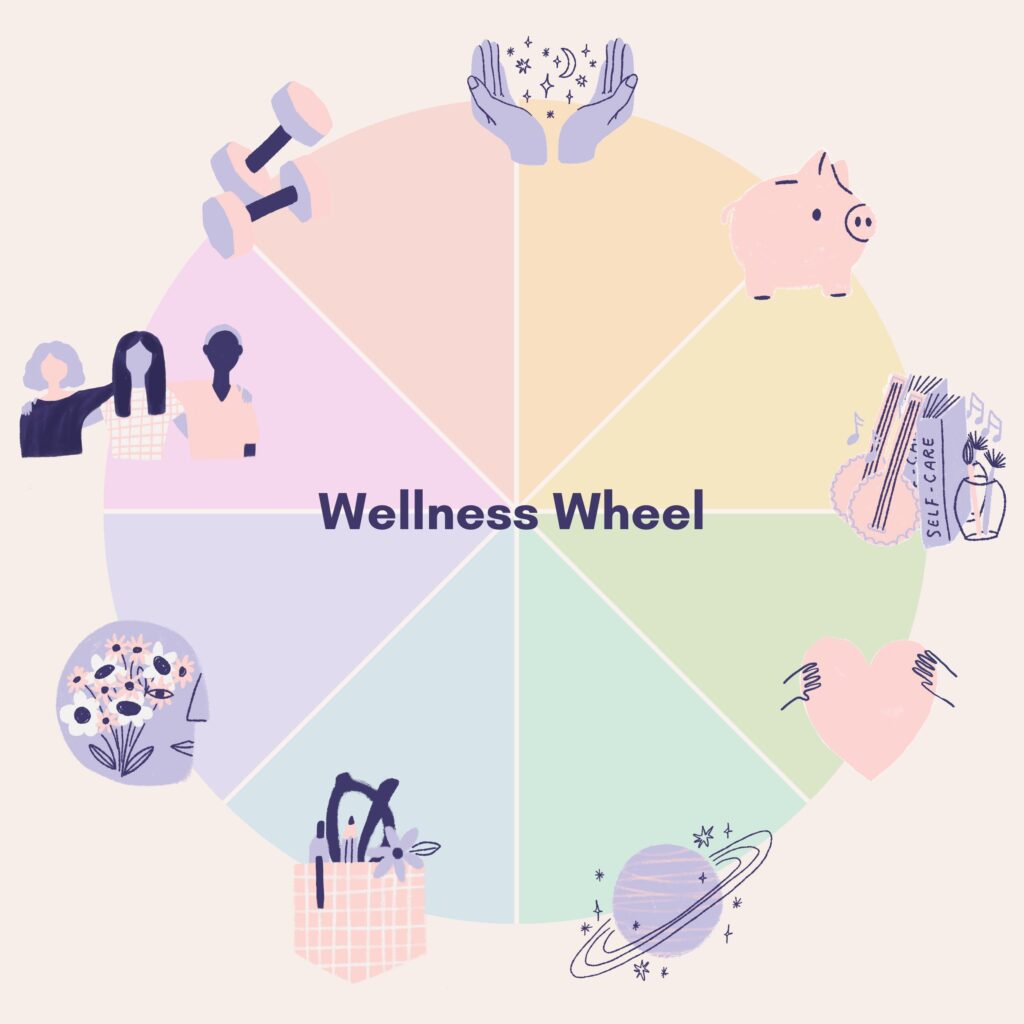
Mistake #3: Comparing Yourself Constantly
Comparison is often described as the thief of joy, and in terms of mental health, it is a dangerous trap. Constantly measuring yourself against others leads to feelings of inadequacy, envy, and low self-esteem, hampering mental well-being and personal growth.
Why People Compare Themselves
In the age of social media, comparison is more accessible and pervasive than ever. We see curated snapshots of others’ lives—successes, vacations, perfect bodies—and mistakenly assume they are the whole reality. This distortion fosters unrealistic standards and a skewed perception of self-worth.
The Impact of Comparison on Mental Health
Repeated comparison can trigger feelings of inferiority and self-doubt. It diminishes self-acceptance and can result in depression or anxiety. The incessant pursuit of affirmation through comparison might lead to burnout, as you chase unattainable ideals instead of embracing your unique qualities.
Strategies to Overcome Comparison
Focus on your personal journey and achievements rather than others’. Practice gratitude by regularly acknowledging what you have and your inherent worth. Limit exposure to social media or curate your feeds to include inspiring and realistic content. Engage in mindfulness practices to stay present and reduce tendencies toward comparison.
Cultivating Self-Compassion
Self-compassion involves treating yourself with kindness when faced with mistakes or imperfections. Recognize that everyone has struggles and that you are not alone in your feelings. Embracing your uniqueness reduces the tendency to compare and fosters a healthier mental outlook.

Mistake #4: Believing Mental Health = Weakness
Many individuals harbor the misconception that seeking help or acknowledging mental health struggles is a sign of weakness. This belief can prevent people from obtaining necessary support, prolonging suffering and exacerbating issues.
The Cultural Stigma
Throughout history and across cultures, mental health issues have often been stigmatized. Whether fueled by stereotypes, misinformation, or traditional notions of strength, this stigma discourages open conversations and help-seeking behavior. Changing this narrative is critical for fostering a healthier society.
The Misunderstanding of Strength
True strength lies in vulnerability—the courage to admit when you’re struggling and to ask for help. Recognizing mental health as an integral component of overall well-being aligns with a balanced view of resilience and courage. Embracing help-seeking as a sign of strength rather than weakness is key.
The Consequences of Stigma
Suppressing emotional struggles can lead to worsening symptoms, delayed treatment, and reduced support networks. It may cause individuals to isolate themselves, worsening feelings of loneliness, and heightening the risk of severe mental health crises.
Promoting a Supportive Mindset
Normalize mental health discussions within families, workplaces, and communities. Share personal stories or encourage open dialogue to diminish shame. Emphasize that seeking therapy, medication, or simply talking to trusted individuals is a proactive step towards health, not a failure.
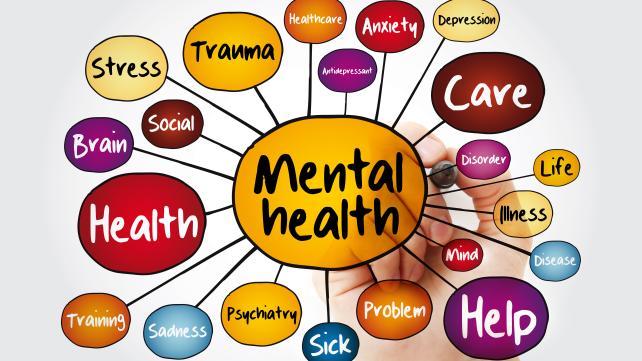
Mistake #5: Toxic Positivity
While maintaining a positive outlook is generally beneficial, toxic positivity dismisses real emotions and experiences. It can invalidate feelings of sadness, anger, or frustration, leading to emotional suppression and exacerbating mental health mistakes over time.
What Is Toxic Positivity?
Toxic positivity refers to the overemphasis on maintaining an optimistic attitude to the point where genuine emotional experiences are dismissed or invalidated. Statements like “Just think positive” or “Everything happens for a reason” can discourage authentic expression.
The Impact on Emotional Health
Suppressing negative emotions prevents processing and healing. It can create feelings of guilt or shame for experiencing natural reactions like grief or disappointment. Over time, this invalidation can contribute to mental health disorders like depression and anxiety.
Recognizing Toxic Positivity
Signs include minimizing others’ feelings, avoiding conversations about struggles, or insisting that everything is fine when it clearly isn’t. If emotional experiences are consistently dismissed or invalidated, toxic positivity may be at play.
Strategies for Healthy Outlooks
Practice mindfulness to stay present with your feelings without judgment. Cultivate gratitude without dismissing difficulties. Encourage open honest conversations where all emotions are accepted and processed. Remember, vulnerability fosters resilience and authenticity.
The Long-term Benefits
Embracing a balanced emotional outlook promotes authenticity, resilience, and well-being. It allows for genuine connections and helps develop a nuanced understanding of life’s complexities, ultimately strengthening mental health.
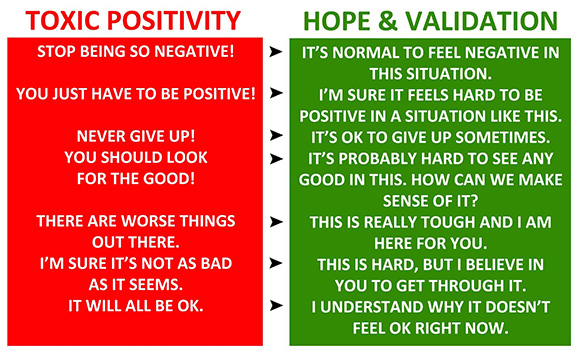
Mistake #6: Overcommitting Without Boundaries
Taking on too many responsibilities without setting clear boundaries leads to overwhelm and burnout. This pattern not only drains mental energy but also diminishes the capacity for self-care and emotional regulation.
Why Overcommitment Happens
Many individuals feel compelled to please others, fear missing out, or struggle to say no. Societal pressures, personal perfectionism, and fear of conflict often drive overcommitment, leaving little room for rest and personal needs.
The Toll on Mental Well-being
Continuous overcommitment results in chronic stress, irritability, and fatigue. It hampers decision-making capacity and can lead to feelings of inadequacy or failure. Over time, persistent overextension increases vulnerability to anxiety and depression.
Practical Tools for Boundaries
Create a schedule that includes dedicated downtime. Use assertive communication techniques to set limits. Practice self-awareness to identify when you’re nearing overwhelm. Engage in regular reflection on your priorities, refining commitments accordingly.
The Power of Saying No
Saying no respects your time and energy, reinforcing self-worth. It provides space for renewal, creativity, and emotional processing. Over time, establishing boundaries leads to greater self-respect and a more authentic, balanced life.

Mistake #7: Self-Diagnosing Without Help
In the internet age, many turn to self-diagnosis instead of seeking professional evaluation. While self-education is useful, incorrect assumptions or misinterpretations can delay proper treatment, worsening the condition.
Risks of Self-Diagnosis
Self-diagnosing can lead to mislabeling symptoms, underestimating or overestimating severity, and adopting inappropriate coping mechanisms. This may foster false reassurance or unnecessary anxiety, complicating help-seeking later.
Why People Self-Diagnose
Accessibility to vast online information can be empowering but also overwhelming. People may seek quick answers during distress or avoid the perceived stigma of professional help. Confirmation bias may lead to cherry-picking symptoms that fit certain diagnoses.
The Importance of Professional Evaluation
Mental health professionals are trained to conduct comprehensive assessments, considering personal history, environmental factors, and nuanced symptoms. They provide accurate diagnoses and personalized treatment plans, which self-diagnosis cannot replicate.
How to Approach Suspected Mental Health mistakes
If you suspect you have a mental health condition, acknowledge your concerns and seek guidance from a licensed mental health practitioner. Remember that open communication, transparency, and honesty in sharing symptoms are vital for accurate diagnosis and effective treatment.
Building a Supportive Environment
Educate yourself on mental health signs from reputable sources, but always defer to qualified professionals for diagnosis and treatment. Encouraging loved ones to seek help rather than self-diagnosing can prevent misconceptions and promote healthier outcomes.
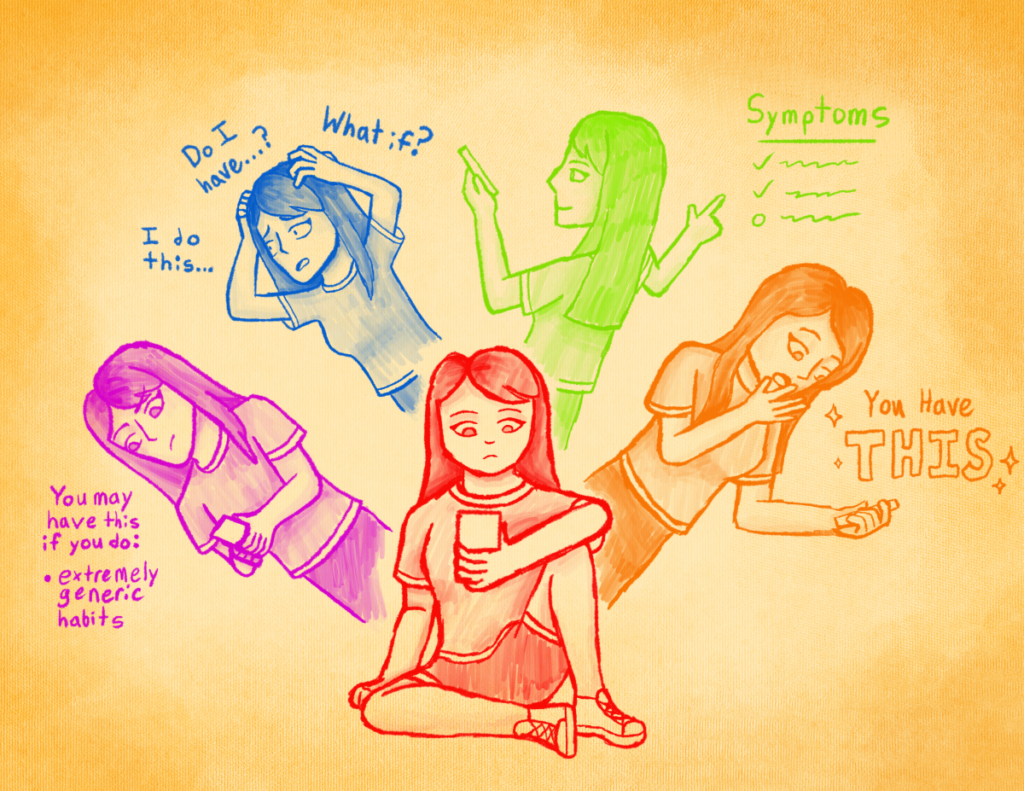
Mistake #8: Ignoring Sleep & Nutrition
Often overlooked, sleep quality and nutrition directly influence mental health. Neglecting these fundamental aspects can lead to worsened mood, impaired cognition, and increased stress.
The Link Between Sleep and Mental Health
Sleep is crucial for emotional regulation, memory consolidation, and cognitive function. Chronic sleep deprivation exacerbates symptoms of anxiety and depression and impairs decision-making and problem-solving skills.
The Impact of Poor Nutrition
A balanced diet supports brain chemistry and hormonal balance. Deficiencies in key nutrients like omega-3 fatty acids, B-vitamins, and magnesium can impair mood regulation and cognitive function, contributing to mental health issues.
Recognizing the Signs of Sleep and Nutritional Neglect
Difficulty falling asleep, waking frequently, or feeling unrefreshed after sleep signals issues. Dietary habits involving high processed foods, sugar, or irregular eating patterns also negatively affect mental health.
The Long-term Benefits
Prioritizing sleep and proper nutrition improves mood stability, reduces stress, and enhances overall resilience. These foundational habits support other mental health interventions and foster sustained well-being.
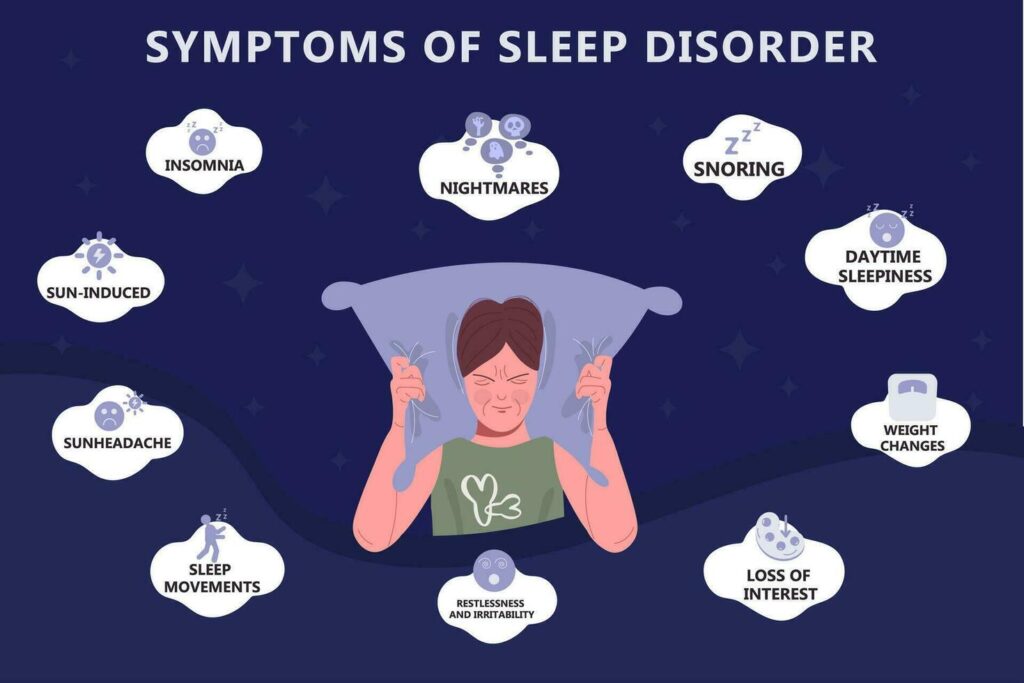
How to Build Better Mental Habits
Developing healthier mental habits takes intentional effort and consistency. Small daily actions compound over time, creating a resilient mindset that can better handle stress and emotional challenges.
- Mindfulness and Meditation: Regular mindfulness practices and meditation can lower anxiety, improve focus, and promote emotional balance.
- Journaling for Self-Awareness: Writing about thoughts and feelings helps process complex emotions and identify patterns.
- Setting Realistic Goals: Break larger goals into manageable steps to avoid overwhelm. Celebrate small achievements to reinforce positive behavior and build confidence.
- Cultivating Gratitude: Practicing gratitude shifts focus from problems to positive aspects of life, fostering optimism and resilience. Keep a gratitude journal or incorporate mindful appreciation into daily routines.
- Seeking Support and Connection: Regularly engaging with friends, family, or support groups strengthens social bonds, providing emotional relief and perspective.
- Maintaining Consistency: Consistent routines and habits reinforce positive behaviours.
Final Thoughts
Avoiding common mental health mistakes involves conscious effort, self-awareness, and a willingness to seek help when needed. Embracing vulnerability, practicing self-care, setting healthy boundaries, and fostering authentic emotional expression are all vital steps toward mental well-being. Developing supportive habits around sleep, nutrition, and social connections compounds these efforts, creating a resilient foundation. Remember, mental health is a continuous journey, not a destination, and small daily choices can lead to profound long-term benefits.
Conclusion
Maintaining good mental health requires vigilance against familiar pitfalls that undermine emotional resilience and well-being. By steering clear of mental health mistakes such as bottling up emotions, neglecting self-care, excessive comparison, and ignoring foundational needs like sleep and nutrition, you set yourself up for a healthier, happier life. Understanding that seeking help is a strength, embracing authenticity over toxic positivity, and establishing clear boundaries enable sustainable mental wellness and avoid mental health mistakes. Cultivating these mindful habits transforms your approach to stress, challenges, and personal growth. Prioritize your mental health as diligently as your physical health—your best self awaits beyond avoiding these common mental health mistakes.






